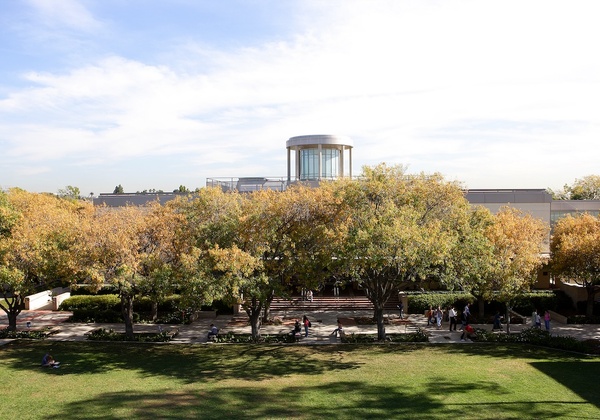
Rosemead School of Psychology CE Event
Psychodynamic Supervision: In a New Key
- Saturday, February 22, 2025
- 8:30 a.m.‚Äď3 p.m. Pacific
- Kim Dining Room
- Hosted By: Rosemead School of Psychology
- Open to: Students
Cost and Admission
This is a paid event.
Rosemead School of Psychology is hosting a continuing education in-person only seminar on Saturday, February 22, 2025. Register by February 16 at 11:59 p.m. PT and secure your spot. Registration includes breakfast and lunch. Attendees will receive 6 CE hours.
Conventional supervisory relationships follow a teaching model, where the clinically advanced supervisor shoulders the responsibility of advising, critiquing, offering feedback, and imparting theoretical and clinical knowledge. The typical supervisory process tends to lean towards a cognitive, case formulation assessment of the presented case. Though contemporary psychoanalytic models of supervision challenge this approach and credit Ferenczi’s early discoveries of the transformational power of the co-constructed nature of analytic relationship and supervision, the supervisor as authority and dispenser of truth has been reluctant to change.
This seminar is centered on Dr. Barsness’ new book: Psychodynamic Supervision: In a New Key (Routledge, 2008) offering a new model of supervision, rooted in the co-constructed nature of the supervisory relationship. It recognizes that the therapist holds the primary, firsthand understanding of their patient, while the supervisor offers an experienced perspective by engaging deeply with the patient’s narrative as presented by the supervisee. At the intersection of these two minds, a broader perspective emerges, illuminating potential defenses, enactments, lapses in affective responses, the effective use of the therapist’s self-experience, and any breakdowns in communication within the treatment. This model emphasizes affect over cognition, privileging the therapist’s subjectivity as the primary access point to the patient’s internal and interpersonal world. The supervisor’s own subjectivity also becomes immersed in the process, with the patient seen as a source of inspiration for expanding the supervisee’s understanding rather than as an object for evaluation. This immersion also calls forth a new language. The workshop will focus on the shift from traditional interpretation as a primary means of communication into complex dialogue.
In this approach, cognitive case formulations are replaced by the capacity to metabolize affective and intuitive responses, drawing on the evolving ‚Äúdata‚ÄĚ within the intersubjective space between patient and therapist. Participants learn to process their affective experiences by connecting their feelings to their thoughts about the patient‚Äôs history and by examining how the patient‚Äôs life story repeats itself both in their life and in the therapeutic relationship.
Objectives of the seminar:
Assess and critique a new model of supervision grounded in relational psychoanalysis in contrast to the more common supervisory process that offers cognitive case formulations of the presenting case.
Develop a new language moving from interpretation into complex dialogue.
Apply the principles of the new method (referred to as M ‚Äď Muse; A- Affect; M- metabolization; A- articulation and L- Learning) in their supervisory practices.
Evaluate how the supervisory model is also useful and applicable to one’s clinical practices.
The instructor, Dr. Roy Barsness, is the author of Core Competencies in Relational Psychoanalysis: A Guide to Practice, Study and Research (Routledge, 2018) and author of Psychodynamic Supervision: In a New Key (Routledge, 2024). He has published several professional articles, presents frequently at professional conferences and teaches nationally and internationally on relational psychoanalysis. He is the Founder and Director of the Contemporary Psychodynamic Institute, former Professor of Psychology and Academic Dean at The Seattle School of Theology and Psychology. He was formerly the Clinical Director of the Clinical Psychology Program at Seattle Pacific University and Clinical Associate Professor at the University of Washington School of Medicine He has been in independent practice for over thirty-five years.
Rosemead School of Psychology at ļŕ›ģ ”∆Ķ is approved by the American Psychological Association to sponsor continuing education for psychologists. Rosemead School of Psychology at ļŕ›ģ ”∆Ķ maintains responsibility for this program and its content.
Questions?
Contact Earl Bland at:
earl.bland@biola.edu
 ļŕ›ģ ”∆Ķ
ļŕ›ģ ”∆Ķ